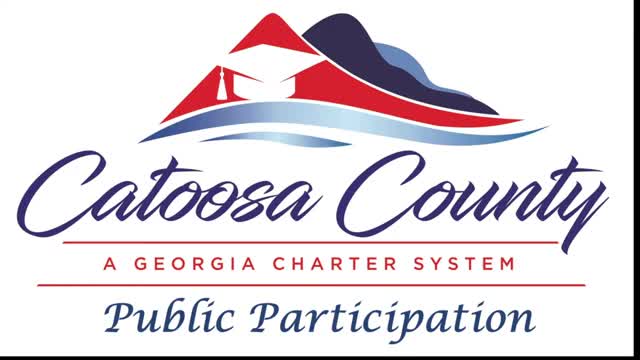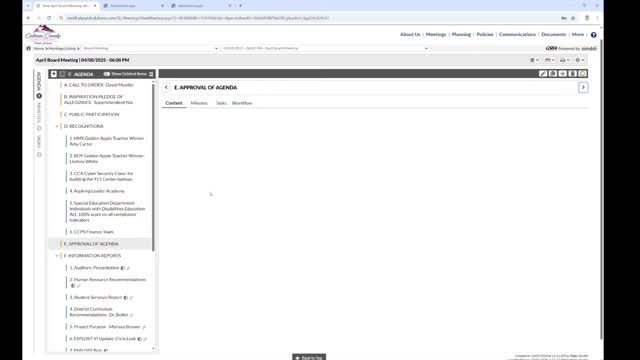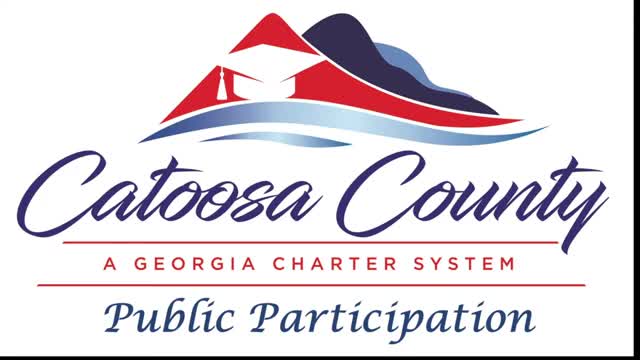Article not found
This article is no longer available. But don't worry—we've gathered other articles that discuss the same topic.

Parents, GOP leaders press Catoosa County board to review classroom books; superintendent cites state complaint process

District auditor outlines audit steps, flags ESSER wind-down and dipping fund balances

